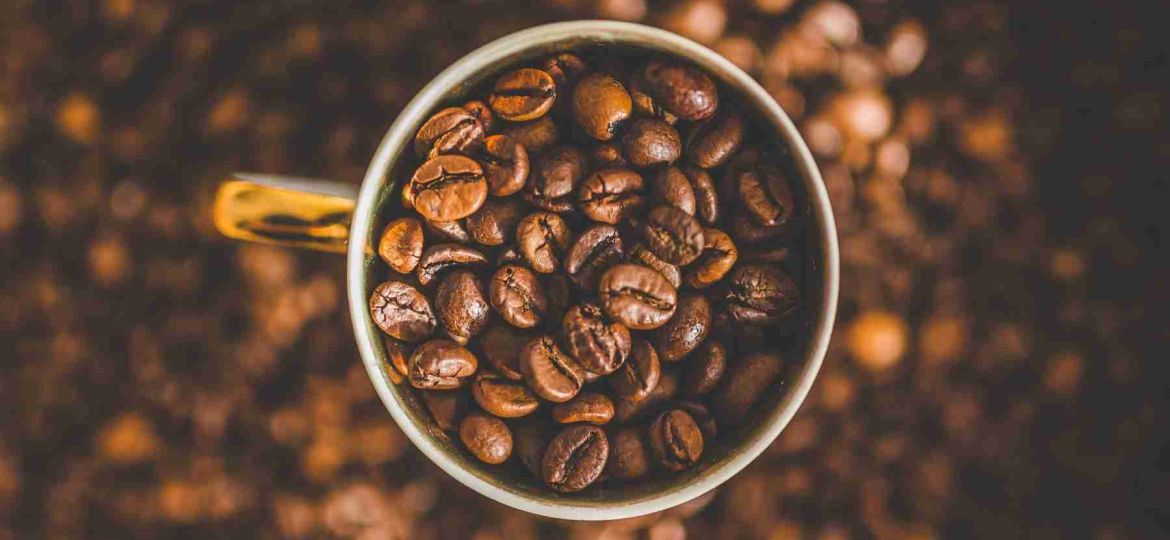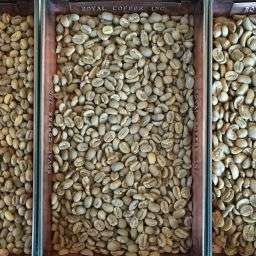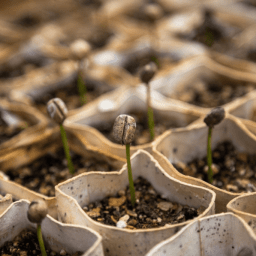
The question of whether you can drink expired coffee beans is one that piques the interest of many coffee enthusiasts. Coffee, a staple beverage across the globe, is revered not just for its ability to energize but also for its rich flavors and aromas. However, like all food products, coffee beans also have a shelf life.
Understanding the nuances of coffee beans’ expiration can significantly impact both the enjoyment and the quality of your coffee experience. This article delves into the critical aspects of coffee beans’ shelf life, exploring how factors such as oxygen, moisture, temperature, and light influence their longevity and quality.
Understanding Coffee Beans’ Shelf Life
The “best before” date on coffee beans is often mistaken for an expiration date, but these two labels serve different purposes. The “best before” date is an indicator of when coffee beans are expected to retain their peak quality in terms of aroma and flavor. Beyond this date, coffee beans may not necessarily be harmful to consume but could start losing their distinctive characteristics.
The longevity of coffee beans is significantly affected by exposure to oxygen, moisture, temperature, and light. Each of these elements plays a crucial role in determining how well the beans preserve their freshness and taste over time.
Oxygen leads to oxidation, a process that degrades the oils within coffee beans, diminishing their flavor and aroma. Moisture, on the other hand, can hasten spoilage and encourage the growth of mold, particularly in environments with high humidity. Temperature fluctuations can accelerate the staling process, with higher temperatures promoting faster degradation of the beans. Light, especially direct sunlight, can further speed up the oxidation process, compromising the quality of the coffee beans.
How Coffee Beans Expire
Oxidation is the primary mechanism through which coffee beans deteriorate. This chemical reaction occurs when coffee beans are exposed to oxygen, leading to a gradual loss of flavor and aroma. Over time, the beans’ essential oils oxidize, resulting in a stale taste.
Moisture plays a pivotal role in this context by facilitating the growth of mold and other pathogens, especially when coffee beans are stored in damp conditions. Such environments not only accelerate the beans’ spoilage but also pose health risks.
Signs Your Coffee Beans Might Be Expired
Aroma
The aroma of coffee beans is a primary indicator of their freshness and quality. Fresh beans emit a strong, pleasant smell, characteristic of their flavor profile. When this distinct aroma fades or becomes stale, it signifies that the coffee beans may have begun to oxidize, leading to a reduction in flavor quality. A lack of aroma or the presence of off-smells, such as mustiness, can indicate spoilage and a significant decline in the coffee’s quality.
Mold
Visual inspection is crucial for identifying expired coffee beans. Mold growth, characterized by fuzzy, green, or white spots, is a definitive sign of spoilage. This can occur when beans are stored in damp conditions or are exposed to moisture, creating an environment conducive to mold growth. It’s essential to inspect beans thoroughly before use, as consuming moldy coffee can pose health risks.
Flavor
The taste test is the final verdict on whether coffee beans have passed their prime. If the coffee lacks the expected flavor notes indicated on the package or has become overly bitter, sour, or bland, it is likely that the beans are no longer fresh. While some flavor degradation over time is normal, significant changes in taste can indicate that the coffee beans are expired and should not be used.
Proper Storage Techniques
Proper storage is key to extending the shelf life of coffee beans, preserving their aroma, flavor, and overall quality. Coffee beans should be stored in airtight containers to prevent exposure to air, moisture, and light, which can accelerate spoilage.
Opaque containers are preferable, as they block out light, further preserving the beans’ freshness. The storage location should be cool and dry, away from direct sunlight, heat sources, and strong odors, which coffee beans can absorb.
The Debate on Freezing Coffee Beans
Freezing coffee beans for preservation is a topic of debate among coffee enthusiasts. While some argue that freezing can help retain freshness over longer periods, others caution against potential drawbacks, such as condensation leading to moisture exposure when beans are removed from the freezer.
If opting to freeze, beans should be stored in airtight, moisture-proof containers to prevent freezer burn and flavor loss. Thawing beans should be done at room temperature before use to avoid condensation and ensure the best possible flavor.
Health Implications of Consuming Expired Coffee
Consuming expired coffee, particularly when it shows signs of spoilage such as mold, can lead to health issues including stomach discomfort. Symptoms may range from mild bloating and discomfort to more severe gastrointestinal distress. It’s essential to differentiate between stale coffee, which has lost its freshness but isn’t harmful, and spoiled coffee, which may pose health risks due to the presence of mold or bacteria.
Impact on Coffee Quality
Expired coffee significantly impacts the taste and quality of your brew. Over time, coffee beans lose their aromatic oils and flavors, resulting in a cup that is flat, bitter, or even sour. Freshness is paramount for the optimal coffee experience, as it ensures the coffee’s inherent flavors and aromas are intact and vibrant. Stale coffee, while not harmful, offers a diminished sensory experience.
FAQs
Q: Can you drink coffee after the “best before” date?
A: Yes, coffee can be consumed after its “best before” date, but its quality in terms of aroma and flavor may have diminished.
Q: Are there any health risks associated with expired coffee?
A: If coffee is merely stale, there are no health risks, but spoiled coffee, especially with visible mold, should be avoided to prevent possible health issues.
Q: How should coffee beans be stored to maximize freshness?
A: Store coffee beans in airtight, opaque containers at a cool, dry place away from direct sunlight and strong odors. Freezing beans is an option for long-term storage, but they should be stored properly to avoid moisture.
Conclusion
The exploration of whether you can drink expired coffee beans reveals a nuanced understanding of coffee’s shelf life, its storage, and the implications on health and quality. Proper storage can extend the freshness of coffee beans, enhancing your brewing experience.
Recognizing the signs of spoilage and understanding the impact of expiration on coffee’s taste are crucial for enjoying high-quality coffee. Ultimately, the enjoyment of coffee is deeply tied to its freshness, underscoring the importance of managing coffee beans’ shelf life for the best experience. Freshness not only preserves the delightful flavors and aromas but also ensures that your coffee is safe and pleasurable to consume.









